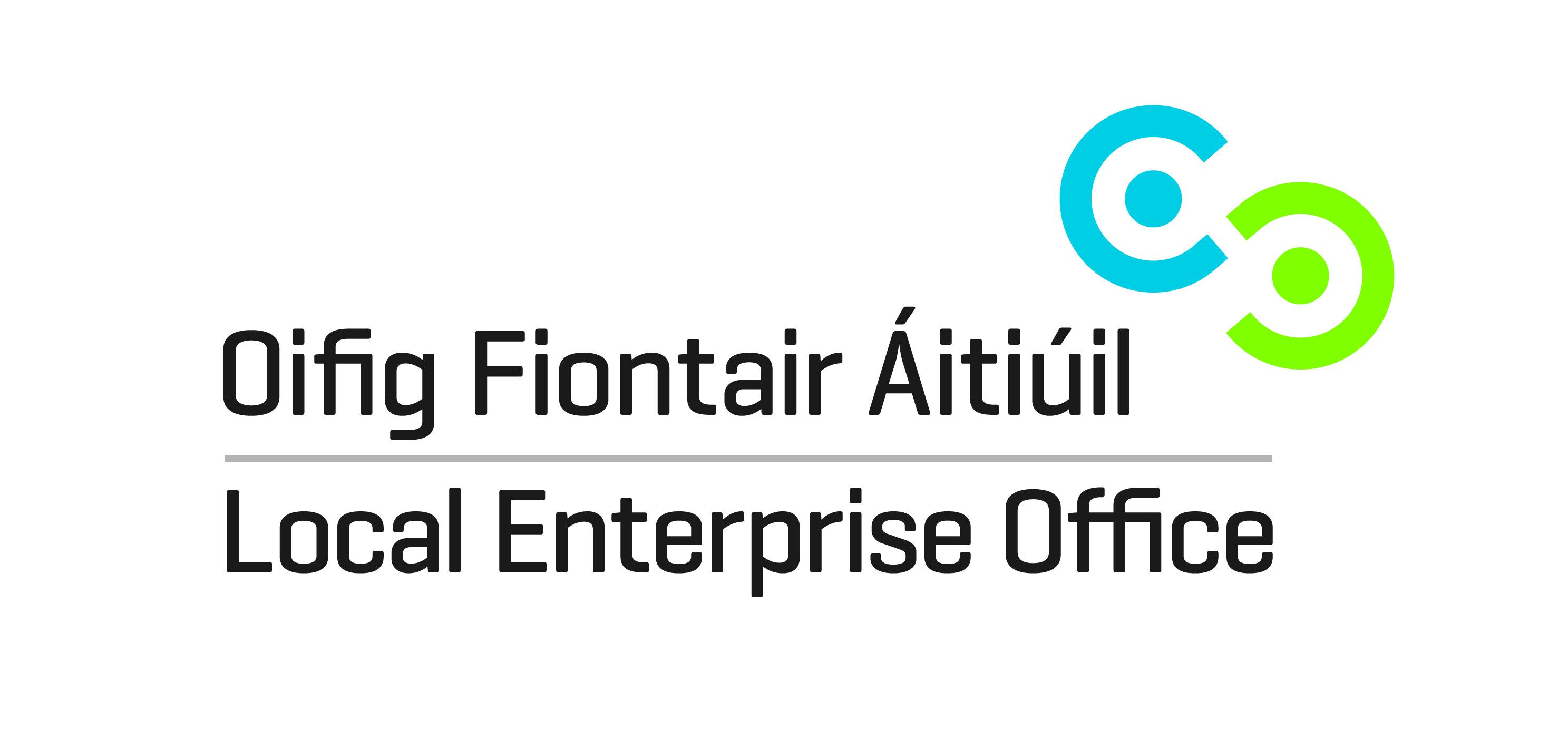Got Questions?
Frequently Asked Questions
or find a popular questions by category
Irish planning rules state that for more than 12m² of ‘Solar Panels’ you need Planning Permission. We have had no refusals to date and can help you or your architect with sketches and scale drawings if needed. Normally we will complete domestic premises in one day. Most work is compelted outside the hoome. With some work required inside the home as we must connect into the fuse board. As a whole, the installation process is not very disruptive. Provide us with your Eircode or GPS co-ordinates. From that, we can normally see the space available for modules and confirm the price. Before installation, we will schedule and complete a technical survey of your home to plan the most efficient installation of your Solar system. Not at the moment. But it’s likely in the future that this option will become available. It does. Yes. We have a lot of cloudy days in Ireland. A lot of cloudy, rainy, windy days. Especially if you live on the west coast! Fortunately, Solar PV and Thermal systems work off diffused light. We get around 60% of our energy from indirect sunlight and the remaining 40% comes from the sun’s direct rays. So, despite the cloudy days, there is still enough sunlight to produce hot water and electricity for your home. The initials RGII stand for Registered Gas Installer. An RGI qualified installer means that the person who holds this accreditation has “a qualification or equivalent in gas safety which makes him/her competent to carry out gas works”. All of our gas boiler installers are RGI accredited and carry RGII ID cards. A good one! The most popular boiler we sell is the Ideal Logic. It’s the best value ‘A’ rated boiler we offer. The best boiler we sell, in our opinion, is the Viessmann – a multi-award winning work of German precision, engineering and craftsmanship. It’s more expensive. But it’s worth it. Get more tips and recommendations on our Gas Boiler page Size of house and number of radiators existing. The location of the boiler, and type of flue existing. Is the flue horizontal or vertical? The majority of the time it’s a horizontal flue. All the prices on the website include for a replacement horizontal flue. If it turns out to be vertical it is more expensive. On-time hopefully 🙂 We accept payments via debit and credit cards, Electronic Funds transfer (EFP ) and cash lodgements. The short answer. The longer answer. It also saves you money The reason is this. If you use a payment plan (like Flexi-Fi), you’ll need to apply for the full about of the cost of the Gas Boiler. For simplicity, let’s say the cost of the boiler is €1,000 and you borrow €1,000. Your repayments would be €1,000 plus the loan interest. However, if you use an approved Electric Ireland counterparty (like us), we automatically deduct the grant amount from the total cost of the boiler. Using an Electric Ireland counterparty (like us) saves you time, hassle – and importantly, money. If you use a contractor without a counterparty agreement, the grant is paid to you. Which you then pay to the contractor. Yes. Yes, there is. There are two grants. The SEAI grant. And the Electric Ireland grant. The SEAI grant ranges from €2,750 to €6,000 depending on the type of house you live in. The Electric Ireland grants is a flat €472 for all properties. It ’s more of a phased incentive than a grant. It is different from the SEAI grant in that credits are added to the homeowners Electric Ireland account. Unlike the SEAI grant, which can be applied directly against the External Wall Insulation cost. Happily, no they’re not. The cost of externally insulating your house will depend on the type of house you live in (is it detached, semi-detached, mid-terraced), it’s size, depth of insulation, the type of finish you’d prefer and your colour choice. A mid-terraced house would cost roughly €10,000 – €11,000 to externally insulate without the SEAI or Electric Ireland grants. With the combined grants of SEAI and Electric Ireland of €3,222, the cost to the owner is between €6,778 and €7,778. As a guideline, externally insulating your home could cost between €6,000 – €12,000 with grants. We can give exact amounts once we get talking to you. We do. Through our finance partners Flexi-Fi. Flexi-Fi is a retail instalment payment plan facility, an easy alternative to paying with cash or credit card for your energy efficiency upgrades. Customers complete a simple, quick, online application form on any device and receive a credit decision in minutes. Learn more about finance options on our Flexi-Fi Finance page. An External Wall Insulation project takes approximately two weeks to complete. From start to finish. This being Ireland, it’ll come as no surprise that this timeframe is weather dependent. Completion times can also vary depending on the size of your property. Happily, it is a non-intrusive installation. Which means that you can continue living in your home while work is being carried out. As a general rule, no. Unless your building is a listed structure. External Wall Insulation is exempt from planning permission In legalese, this is what Section 4(1) (h) of the Planning and Development Act 2000 has to say about it. You’re exempt from planning permission for External Wall Insulation so long as the works; “ …do not materially affect the external appearance of the structure so as to render the appearance inconsistent with the character of the structure or of neighbouring structures”. There are a number of insulation materials available when it comes to choosing what is to be used in external wall insulation systems. It is vital when choosing the insulation material to go on the walls of your home that you choose a material with an Irish Agrément Board Certificate. This certificate includes all the information about specifications, design data and installation recommendations. It will also give you the u-value of the thickness of the material. EPS is the most commonly used material in external insulation in Ireland. The EPS is the most commonly used material in external insulation in Ireland. The beads are fused together in a number of processes including steam injection. Mineral wool is made by spinning molten slag into long fibres, a similar process to that of making fibreglass. Polyisocyanurate, PIR, is essentially an improvement on polyurethane. There is. Two. €750 from SEAI. And about €459* in the form of an energy credits discount (*this varies depending on boiler type). The boiler grant is available if you upgrade your heating controls. Heating controls allow you to decide which rooms (or zones) in your house receive heating. There is no grant available for a straight boiler swap (despite what other website’s claim). When you purchase a new boiler you have the option to avail of a €750 SEAI grant as well as energy credits for upgrading your heating controls. For example, where you to buy our Ideal Logic gas boiler, it would cost you €2.090. There is no grant available for a gas boiler on its own. In contrast, if you purchase the same gas boiler and opt for zoned heating controls, you are able to avail of the SEAI grant of €750 and energy credits worth €459. What should cost €3,159 (gas boiler + heating controls) instead costs €1,950. You save a whopping €1,209! You’re getting a much more efficient system, it costs you less than getting a boiler on its own and you’ll save about 20% on your heating bill annually. Getting the heating controls to upgrade is a total no brainer. Do I need Planning Permission for Solar PV or Thermal?
How long will the installation take and is it disruptive?
I’m interested in getting Solar PV or Thermal installed. What happens next?
Do I get paid for surplus electricity that I send to the grid?
Does Solar PV & Thermal work in Ireland?
What is an RGII accredited installer?
What boiler model do you recommend?
When you’re completing a Gas Boiler home assessment, what kind of questions do you ask?
How do I pay for works done?
For more detail on our payments and refunds policy visit our Payment Policy page When is the Gas Boiler ‘grant’ paid?
Once you’ve been approved for the grant – immediately.
Here’s why.
Churchfield Home Services is one of the few contractors in Ireland that can act as a counterparty for Electric Ireland. In plain English, this means we can process the grant payment. Rather than them issuing you with the grant, which you would then have to pay to us, the grant is instead issued to us. Which we deduct from your invoice.
Saving you time and hassle of having to communicate with us about the grant. And then lodging it into our accounts.
The grant amount is €700. The cost of the boiler replacement is €1,000. That means we charge you €300 (€1,000 – €700 = €300).
If you are using a loan to pay for the new gas boiler, you only need to apply for a €300 loan. This means you’ll also pay less in interest (as it’s a smaller amount of money for the lender to claim interest on). Is there a grant available for External Wall Insulation?
Are the grant means tested?
How much does it cost to externally insulate your home?
Do you provide finance?
How long does it take to complete an External Wall Insulation project?
Is Planning Permission required?
What is the best material for External Wall Insulation?
White EPS Insulation
beads are fused together in a number of processes including steam injection.Platinum EPS Insulation
Mineral Wool Sheet
Polyisocyanurate
Is there a grant available for updating my Gas Boiler?


















